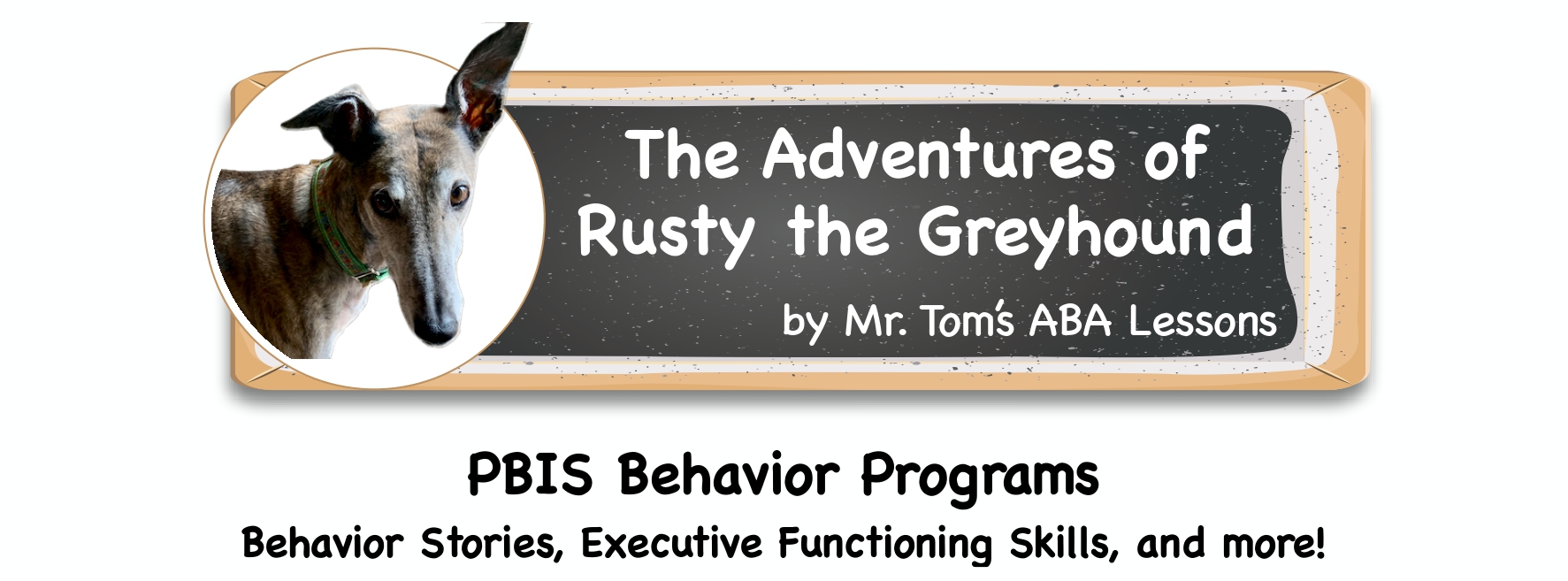Praising Children Is Good for Following Instructions

“The best information from the meta-analysis is that “rewards increase performance on low interest tasks (pg 227).” There are no negative motivational effects of rewards if given for low interest tasks. The study proves that if rewards are given for doing well on something the person doesn’t like their interest and performance can increase but if the reward is given for something the person likes and they earn it no matter how they perform. Their performance and motivation will decrease(Pierce & Cameron, 2002).”
Praise and rewards have been used to help teach animals how to follow basic demands: stand, sit, roll over and to do more advanced tricks. Giving praise and rewards not only works with animals but with people on following instructions as well. Praising children for good behavior HELPS to motivate them and teach them new skills. Kids can get trophies for winning sporting events, getting good grades or doing chores around the house. A+ Praising children doesn’t have to just be giving them something. Just hearing Good job with that or a high five can be all the praise they need.
Words of Encouragement For Kids

On a more personal note: if you had to go to work everyday and your boss usually yelled at you, rarely praised you for anything you did and didn’t give you a paycheck every two weeks you wouldn’t want to deal with or work for that person anymore. The evidence shows that children are the same way. This is why Words of Encouragement For Kids really matter for following instructions. If they know they will earn an allowance for doing 5 chores every week, they will be more likely to do those chores. We just need to make sure that the reward matches what they are expected to do and that they don’t get tired of earning it. For example: if you were paid in scrap paper every two weeks it wouldn’t be very rewarding for you. Also if you worked at a restaurant and were paid only in food, you would eventually get tired of it as well and need money for your other bills. Finding that balance is very important.

The reward doesn’t have to be just an individual award for following instructions. It could be a group award like winning the Super Bowl or another team event. A lot of classrooms have marble jars where the whole class wins a reward (extra recess,an ice cream party, pajama day) when their jar is full. This helps everyone in the room but can also help single kids from wanting to be the one who loses the class reward for everyone.
No matter how you do the reward it needs to be very specific as to what the child or class has to do to earn the reward. Go over the rules frequently, give lots of praise and specific verbal reinforcement for doing it. Catch kids doing what they are supposed to do and immediately praise that behavior to reinforce it from unwanted behaviors.
If this seems like it will take up a lot of time, just think about how much time you spend correcting different behaviors and trying to get kids to start following instructions. Giving a high five and verbal praise to reinforce a kid for trying his work or for using his words takes a couple of seconds. This can easily and quickly be paired with giving a token for an elementary or preschool behavior chart. The reward can be something as easy as picking out a cheap toy from a treasure chest or access to a preferred toy for a minute. Either way think of it as the kids paycheck. Just like adults if the child likes going to school and it is a positive experience for them they will be happier and more willing to follow the rules.



